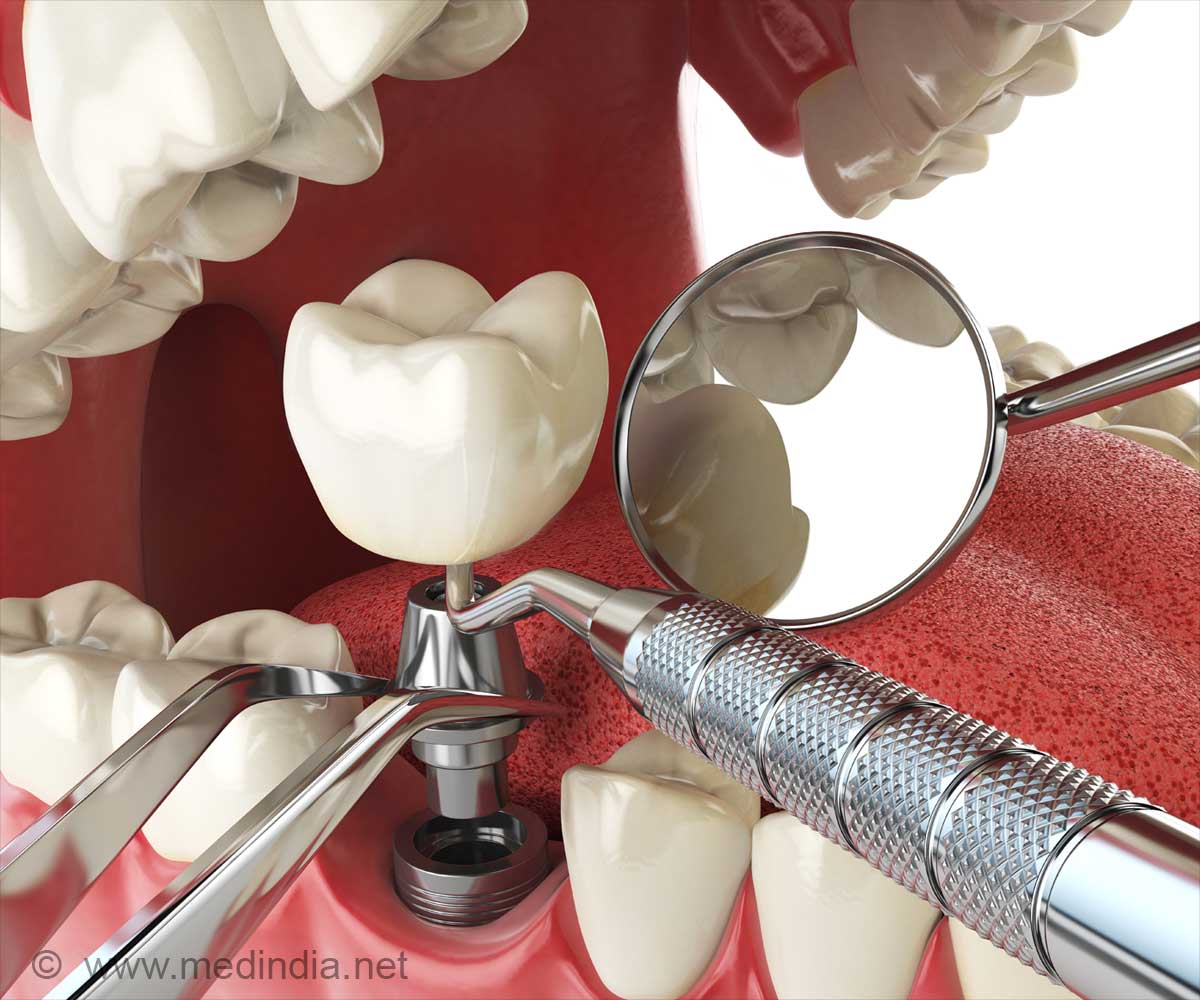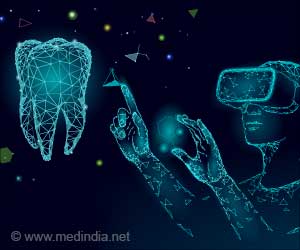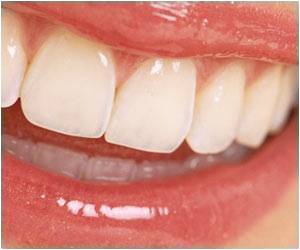The use of physics-informed machine learning to predict bone stress and optimize surgery planning could be a game-changer, especially for elderly patients or those with compromised bone health.

Revolutionizing Dental Surgery with AI
Go to source).
‘Current bone stiffness assessment methods are often invasive & inaccurate. Texas A&M researchers developed a hybrid AI model to offer precise, patient-specific implant planning. #healthcareAI #dental #medindia’





The effective placement of implants is limited by factors such as uneven bone stiffness, age-related bone loss in the elderly, and delayed bone repair. There is a need for creative and useful patient-specific solutions because the current techniques for assessing bone stiffness are frequently invasive, computationally expensive, or inaccurate.
Innovate AI Model for Precision Dental Surgery
To solve this, Drs. Zhou and Lee are creating a hybrid machine-learning model that is guided by biomechanical physics.By combining governing physics, a strong machine learning framework, and experimentally recorded bone deformation data, their method allows for accurate, individualized predictions of mechanical stress in the bone.
To maximize bone healing and guarantee long-term implant success, this innovation offers an effective tool for patient-specific dental surgery planning.
Advertisement
The project also highlights interdisciplinary collaboration, leveraging Dr. Lee’s expertise in machine learning for healthcare systems to address a long-standing clinical challenge. The success of this work has the potential to extend beyond dental implants, offering advancements for other surgical applications in healthcare.
This award highlights Texas A&M’s commitment to research in AI, computing, and data science that drive solutions with real-world impacts.
Reference:
- Revolutionizing Dental Surgery with AI- (https://engineering.tamu.edu/news/2025/01/revolutionizing-dental-surgery-with-ai.html)
Source-Eurekalert












